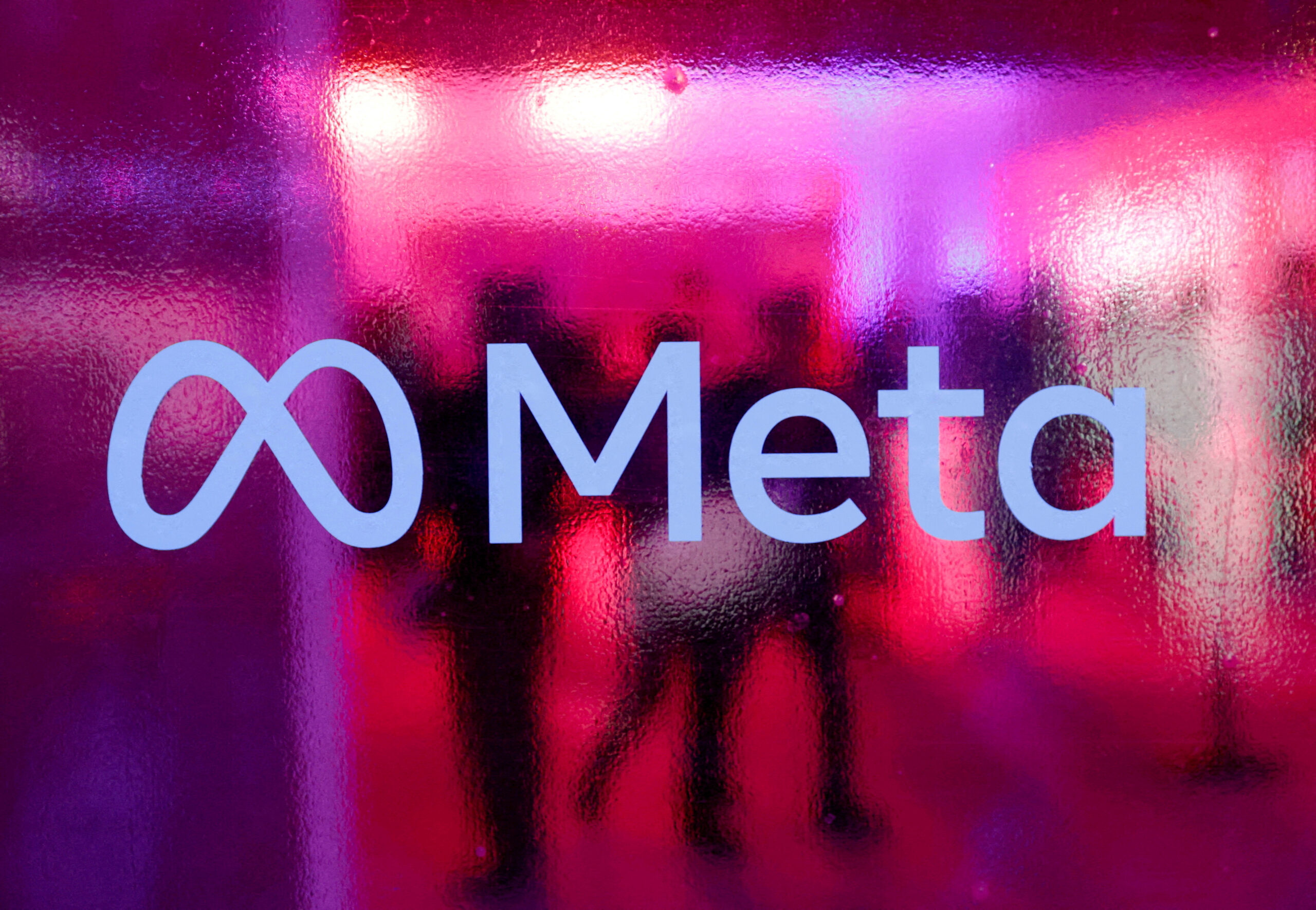
Meta is currently dealing with a surge of explicit AI “girlfriend” advertisements on its platforms, which seem to contravene its strict policy against adult content in advertising. According to a recent investigation by Wired, a staggering 29,000 such ads have been identified across Meta’s services, highlighting a significant oversight in enforcing its own guidelines.
Wired’s thorough search through Meta’s ad library revealed that these advertisements not only contain explicit content but also prominently feature terms like “NSFW” and “NSFW AI,” indicating their adult-oriented nature.
The library, which is designed to archive all active ads on Meta platforms, as well as historical data concerning political and social issue-related ads, shows a glaring discrepancy in policy application. The presence of these ads is at odds with Meta’s community guidelines, which explicitly prohibit nudity, sexual services, and sexually suggestive content, including certain emojis believed to convey sexual messages.
Inconsistent Policy Enforcement
This issue is particularly poignant considering the longstanding grievances voiced by various user groups, including sex workers, LGBTQ communities, sex educators, and erotic artists. These groups have consistently reported discriminatory enforcement of Meta’s content policies, suggesting a pattern of uneven moderation.
Reports from Mashable and experiences shared by companies like Unbound, which faced repeated rejections of their sex toy advertisements for women while similar content targeted at men was approved, further underscore the inconsistency in policy enforcement.
Continued Challenges in Ad Moderation
The issue extends beyond just advertisements. Many users, especially from marginalized communities, have expressed concerns about being unfairly targeted or shadowbanned under the guise of community policy violations. For instance, Instagram has been accused of shadowbanning accounts belonging to LGBTQ individuals and sex educators.
Wired’s report follows previous incidents where ads for explicit AI apps, including those featuring deepfakes of celebrities like Jenna Ortega, surfaced on Meta platforms. When approached about the current proliferation of AI “girlfriend” ads, Meta spokesperson Ryan Daniels stated that the company is committed to removing ads that breach its policies. “When we identify violating ads, we work quickly to remove them, as we’re doing here,” Daniels commented, affirming the company’s dedication to improving its detection and enforcement systems.
However, despite these assurances, Wired found that thousands of these questionable ads remained active several days after Meta had been notified. This raises concerns about the effectiveness and responsiveness of Meta’s policy enforcement mechanisms, especially as the company pushes its AI features across its suite of platforms, including Facebook, Instagram, and WhatsApp.
Related News:
Featured Image courtesy of Francis Mascarenhas/REUTERS
